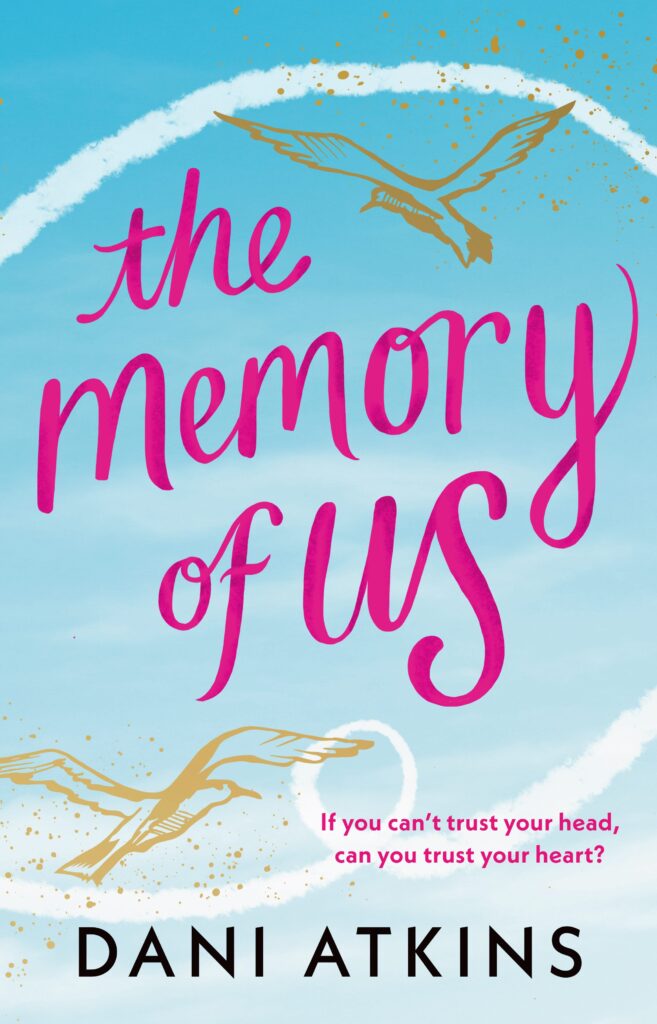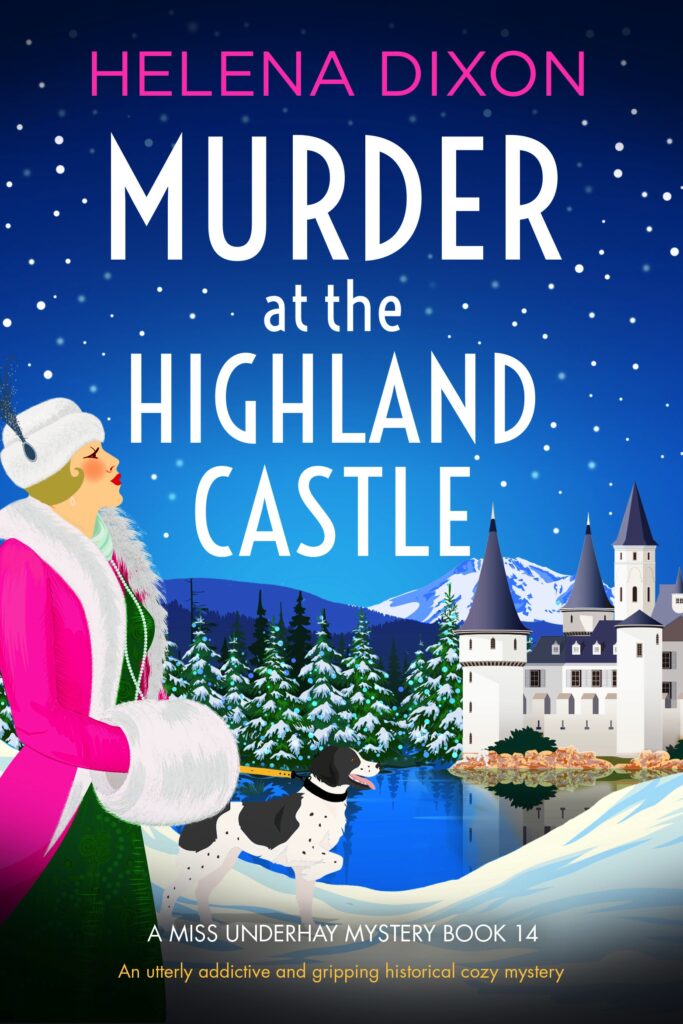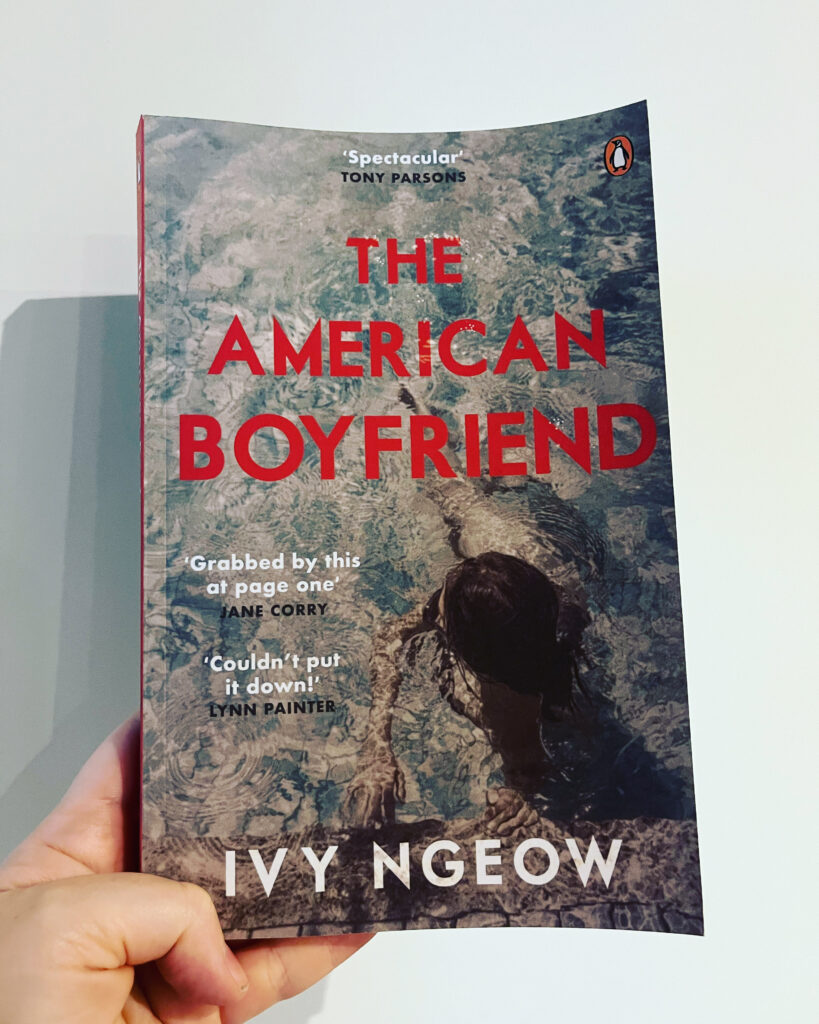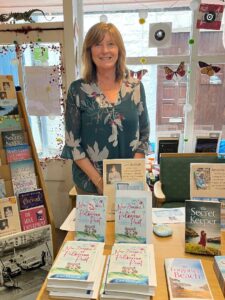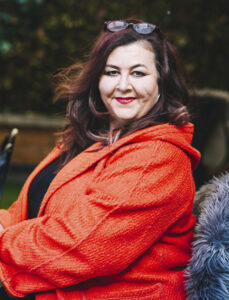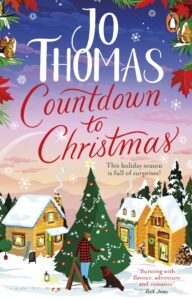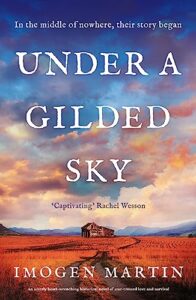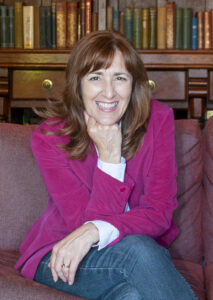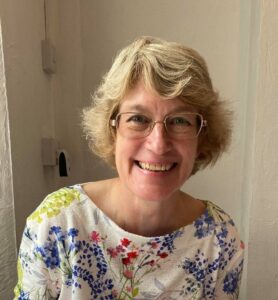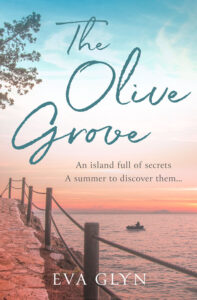- When did you first want to become a writer?
Funnily enough, it didn’t happen until I was in my late teens. I have always been a lifelong reader, but it wasn’t until I was in college in Canada that I finally realized that publishing was actually an industry (we don’t have a publishing industry in Pakistan). I started to look – really look – at how the industry worked and that started inspiring me to write my own book. I started seeing myself as a published author.
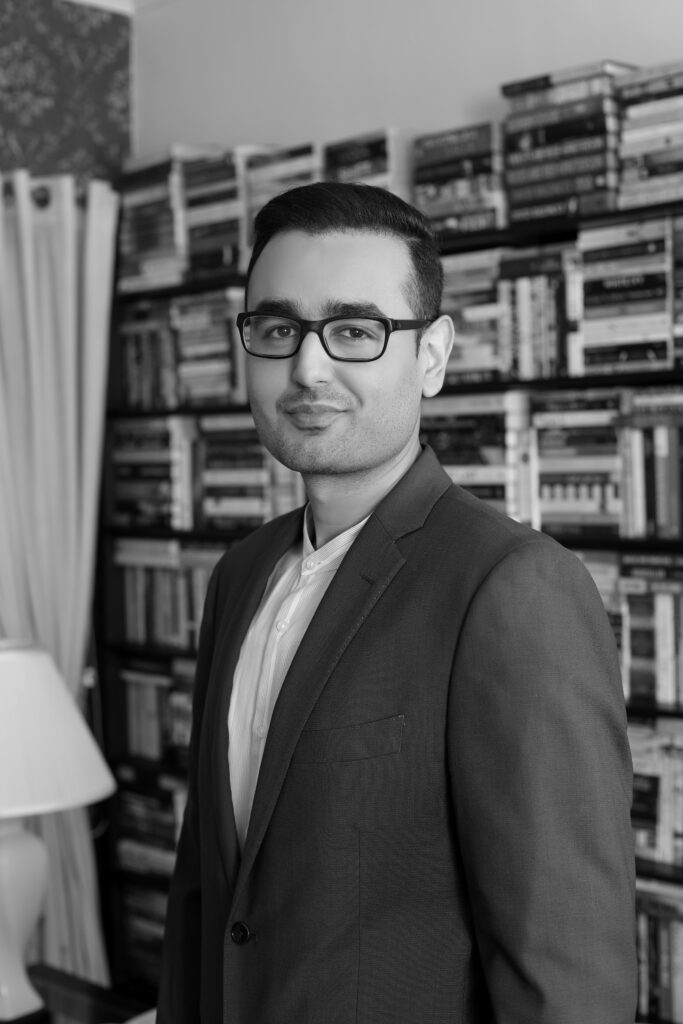
- You live in Lahore. How does that inspire your writing?
Lahore is in every aspect of my writing. I think, feel and breathe Lahore. There’s a popular saying in my part of the world ‘One who has not seen Lahore has not been born’, so you can quite imagine the kind of impact this city has on my writing. Lahore features heavily in all my books, and it wasn’t until I started writing Someone Like Her, which is partly set in London, that I realized how easy it was for me to write about Lahore, because I really struggled to bring London to life in my novel. Having said that, I have a very complicated relationship with my city. Just like in any relationship, there are good days and bad days, but I would be lying if I said that the city didn’t inspire my writing. Lahore is the very essence of me. Lahore is like for me as Paris was like for Ernest Hemingway – a moveable feast.
- You have written four novels now. Do you feel like a veteran now?
Hardly. If anything, I feel like things are getting more and more difficult. People tell me that I’ve made it, but they don’t know just how terrified I really am most of the time about failing. With each book, reader expectations rise, and after a point, the pressure sort of gets to you. However, while the insecurity never really goes away – it shouldn’t really, as it keeps us grounded – I have to say that I am getting slightly more confident about my writing. I may be having doubts, but somewhere at the back of my mind, there’s a small voice that says, ‘You’ve written something good. All it needs now is that one big push, that one final edit.’
- How did your first success come as a writer?
Success depends on one’s definition of success. Success can be selling a million copies of your book, but success can also be critical acclaim or positively impacting the life of even one reader. I first started writing In the Company of Strangers back in 2012, but it wasn’t until 2019 that it was published. During that time, I amassed a significant social media following, and since I naturally love to support my fellow authors, by the time my debut came out, it was an instant success with everyone I knew clamouring to buy a copy to support me in turn. The book went into reprint before it was officially out and also ended up becoming a national bestseller in Pakistan. However, it wasn’t until No Honour was published that I understood what it was like to be reviewed in major UK publications, and perhaps it was the topic, but No Honour ended up doing phenomenally well everywhere. In many ways, it was bigger than In the Company of Strangers.
- What’s your writing routine?
My writing routine is all over the place. I suffer from writer’s block a lot when I’m in Lahore, and have frequently flown to London in the past just to finish writing my book. Being a writer in Lahore is not easy. Since there isn’t a publishing industry here as such, the environment here isn’t conducive for writing. A lot of people here disregard your efforts as a writer, thinking that whatever you’re doing has no value. All of it affects your self-esteem and motivation. Despite all of that, I try to be regimental about my writing, spending a few hours in my favourite café in Gulberg five days a week. It does bring some structure to my day and allows me to complete writing tasks that would just get delayed or put off otherwise. When in London, I like to write early in the morning and then in the afternoon too, preferably in a favourite café of mine.
- Do you have a favourite of your books?
I feel that just like kids (not that I have any), one cannot have a favourite book. I’ve spent a lot of time with each of my books and they’ve all uniquely contributed towards my journey as a writer. However, if forced to choose, I would probably say No Honour, because I spent over three years researching and writing that book and it remains very close to my heart.
- Tell us about The Writing Institute.
I set it up back in 2016 when I realized that there were absolutely no creative writing courses available in Pakistan. Initially, a lot of people laughed at me, saying that nobody would be interested in something like this, that writers didn’t even exist in Pakistan. Yes, my courses did struggle at first, but as word got around, more people started joining them and since then, over 10,000 people have taken courses with The Writing Institute. Today, the institute prides itself on providing the best online and in-person creative writing courses in Pakistan at the most affordable prices imaginable.
- What is your top creative writing tip?
My top tip for any aspiring writer is to never give up. This is a very subjective industry, and what works for one would probably not work for another. Never stop believing in yourself. Deep down, we know just how good our work really is. Don’t let anyone tell you otherwise. If someone is giving you proper critical feedback that can be used, then listen to them, but if someone is disparaging your work just for the sake of it, don’t listen to them. Similarly, be very wary of people who praise your work to high heavens. Just believe in yourself, in your talent, and don’t let the rejections get you down. Have the skin of an alligator’s.
- Tell us about your new book.
I am very excited about my next book called In the Shadows of Love. It is the sequel to my debut In the Company of Strangers. The story moves twelve years into the future and Mona is now in her early fifties. She and Bilal have weathered the storm of infidelity, with Bilal embracing the son Mona had from her affair. Although on the outside, it seems that Mona has everything, and that every single day of hers is the same, with glittering parties and society events, things are not how they seem. Her perfect world is forever changed when the first message arrives. Will the secrets of Mona’s past threaten her future, her marriage and even her life?
In the Shadows of Love will be published by Hera Books in October, 2024.
- What’s next for you?
I have recently finished writing my first thriller, tentatively titled Her Sister’s Secret. We don’t get to see a lot of thrillers coming out of Pakistan and I really wanted to write one that explored themes of sibling rivalry, guilty secrets and toxic marriages. The story centres around Maria and Sohaib who seem to have everything they could ask for, but behind the perfect façade, their marriage is toxic and when Maria’s sister, Fareena, comes to visit, everything goes awry.

